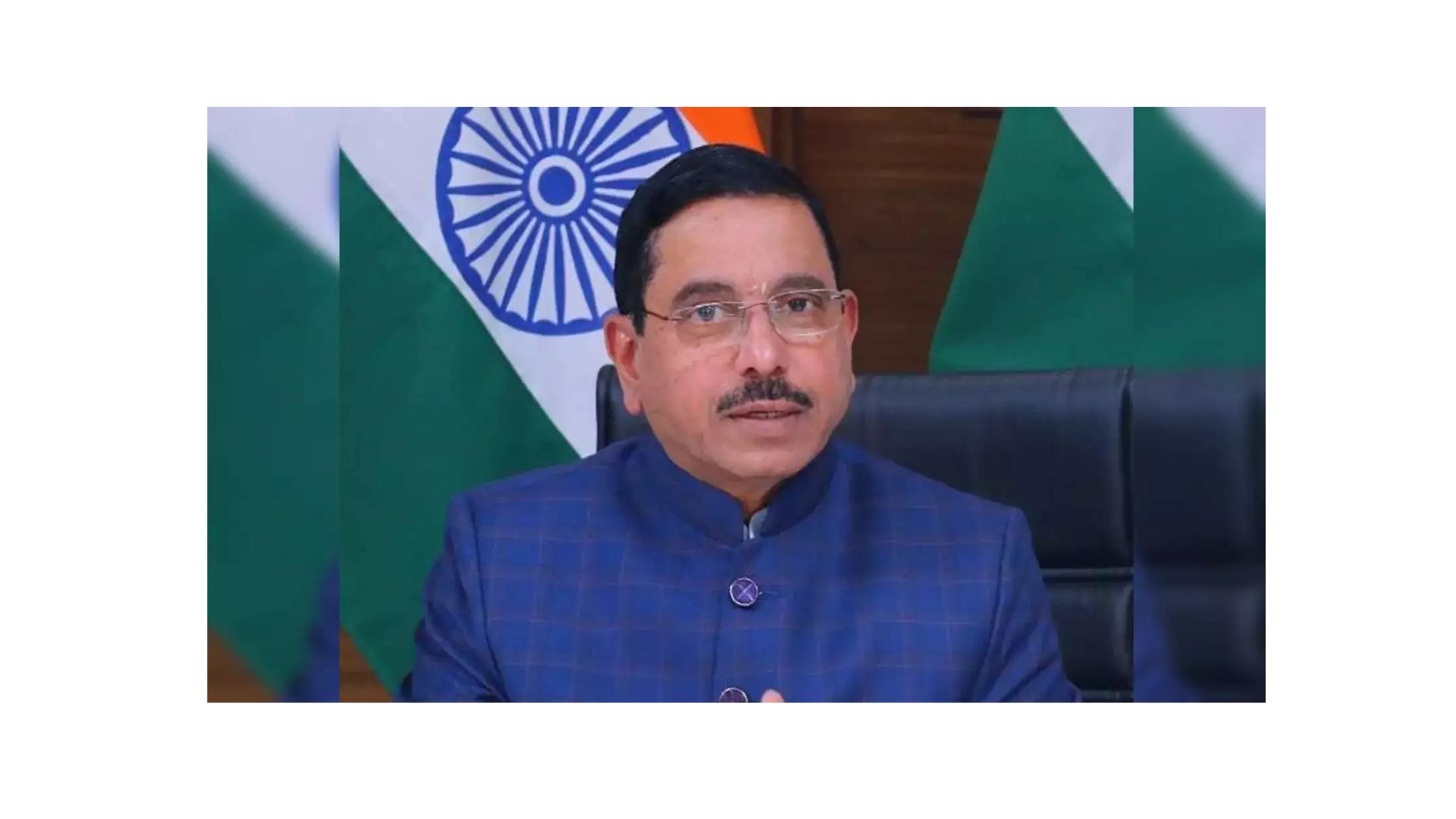Launching a scathing attack against the opposition parties over opposing the Bill to amend the Waqf Act, 1995, Union Minister Pralhad Joshi on Thursday said that they(opposition) want to misguide some people in the community and are trying to tarnish the image of India.
“We are not targeting anyone. They (Opposition) want to only create an atmosphere. Our minister will explain in detail when he introduces the bill. They want to misguide some people in the community. They are trying to tarnish the image of India. We are one of the best democracies in the world…” said Union Minister Pralhad Joshi.
Meanwhile, RJD MP Misa Bharti stated that INDIA alliance parties and RJD will oppose this bill. Adding to that, she emphasised, “The government is not talking on issues of unemployment, inflation…”
Calling the motives of the government “sinister”, Congress MP Karti Chidambaram said, “As I’ve said, the motives of the government are always sinister and I think we will be opposing this bill and there’s been no wider consultation with stakeholders and we think it should be referred to the Standing Committee before it’s brought to passing in the House.
Showcasing opposition against the Waqf amendment, TMC MP Sudip Bandyopadhyay said, “This amendment bill should come through the Standing Committee. We (the opposition) will oppose this bill unitedly…”
Notably, apart from introducing the Waqf (Amendment) Bill, 2024, Kiren Rijiju will also introduce The Mussalman Wakf (Repeal) Bill, 2024 which seeks to repeal the Mussalman Wakf Act, 1923. The Waqf (Amendment) Bill, 2024, Waqf Act provides for the renaming of the Waqf Act, 1995, as the Unified Waqf Management, Empowerment, Efficiency and Development Act, 1995It seeks to clearly define “waqf” as waqf by any person practising Islam for at least five years and having ownership of such property and ensure that the creation of Waqf-alal-aulad does not lead to the denial of inheritance rights to women.
The bill aims to define “waqf” as property held by individuals practicing Islam for at least five years and who have ownership of the property. It also seeks to ensure that establishing Waqf-alal-aulad does not exclude women from inheritance rights. Additionally, the bill proposes eliminating provisions related to “waqf by user,” transferring the responsibilities of the Survey Commissioner to the Collector or a designated officer of Deputy Collector rank for surveying waqf properties. It also calls for a more inclusive composition of the Central Waqf Council and State Waqf Boards, ensuring representation of both, Muslim women and non-Muslims.
The bill, as outlined in the statement of objects and reasons, aims to establish separate Boards of Auqaf for Boharas and Aghakhanis. It also seeks to ensure representation for Shia, Sunni, Bohra, Agakhani, and other marginalised groups within the Muslim communities. Additionally, the bill proposes streamlining waqf registration through a central portal and database and introduces a detailed process for property mutation according to revenue laws, including giving proper notice to all relevant parties before officially designating any property as waqf.
The bill aims to remove Section 40, which grants the Board the authority to determine whether a property is classified as waqf. It also proposes that mutawallis file waqf accounts with the Board via a central portal to enhance oversight of their activities. The bill includes plans to reform the Tribunal by reducing its membership to two members and allows for appeals against Tribunal decisions to be taken to the High Court within ninety days. According to sources, the Business Advisory Committee has decided that the Waqf Amendment Bill will be introduced in the Lok Sabha on Thursday. Opposition parties are advocating for the bill to be reviewed by the standing committee.







